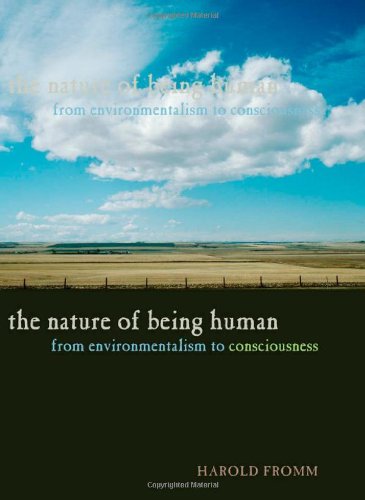

Most ebook files are in PDF format, so you can easily read them using various software such as Foxit Reader or directly on the Google Chrome browser.
Some ebook files are released by publishers in other formats such as .awz, .mobi, .epub, .fb2, etc. You may need to install specific software to read these formats on mobile/PC, such as Calibre.
Please read the tutorial at this link: https://ebookbell.com/faq
We offer FREE conversion to the popular formats you request; however, this may take some time. Therefore, right after payment, please email us, and we will try to provide the service as quickly as possible.
For some exceptional file formats or broken links (if any), please refrain from opening any disputes. Instead, email us first, and we will try to assist within a maximum of 6 hours.
EbookBell Team

0.0
0 reviewsAlthough the physical relationship between the natural world and individuals is quantifiable, the psychosocial effect of the former on the latter is often less tangible. What, for instance, is the connection between the environment in which we live and our creativity? How is our consciousness bounded and delimited by our materiality? And from whence does our idea of self and our belief in free will derive and when do our surroundings challenge these basic assumptions?
Ecocritic Harold Fromm's challenging exploration of these and related questions twines his own physical experiences and observations with insights gathered from both the humanities and the sciences. Writing broadly and personally, Fromm explores our views of nature and how we write about it. He ties together ecology, evolutionary psychology, and consciousness studies to show that our perceived separation from our surroundings is an illusory construct. He argues for a naturalistic vision of creativity, free will, and the literary arts unimpeded by common academic and professional restraints. At each point of this intellectual journey, Fromm is honest, engaging, and unsparing.
Philosophical, critical, often personal, Fromm's sweeping, interdisciplinary, and sometimes combative essays will change the way you think about your place in the environment.